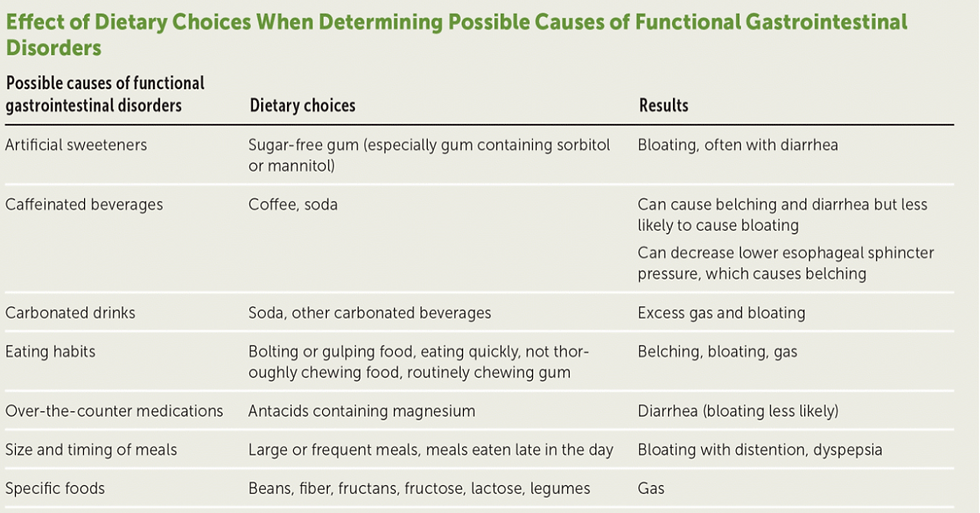🅱🆄🆁🅿🅸🅽🅶 🅰🅻🅾🆃 🅰🆁🅴🅽'🆃 🅰 🅽🅾🆁🅼🅰🅻 🆂🅸🅶🅽
- nutrivyahealthbyte
- May 31, 2022
- 2 min read
Updated: Feb 5, 2023

Too much burping can be troublesome. Burping @ Belching many as four times after a meal is normal. This action actually prevents gas accumulation and bloated stomach. Anything in excess is a sign that you need to refer your doctor if you're burping without no reasons.
Identify your belching categories that you're experiencing the most
There are two most common types of belching that we've always come across with;
Supragastric Belching- repetitive belching, sometimes occurring up to 20 times per minute, is an involuntary but learned behavior, often in response to stress, anxiety, or unpleasant gastrointestinal symptoms.
Gastric Belching-caused by excessive gum chewing, drinking carbonated beverages, or eating too quickly.
This simple physiological act can be a useful sign to determine illness. As some illnesses can make you burp a lot more than that:
Gastroesophageal reflux disease (GERD)
Indigestion, also called dyspepsia, causes pain or discomfort in your upper belly
Gastritis happens when the lining of your stomach is irritated
Helicobacter pylori is a kind of bacteria that can cause an infection in your stomach and lead to ulcers
Irritable bowel syndrome (IBS) can also cause belly cramps, bloating, and diarrhea or constipation
IF you're experiencing the ''Gastric Belching'' the most, then you can make it up with your diet. Focusing your food can actually gives hint to most of your health issues out there. Sadly we're so busy to acknowledge those. I guess we can switch this habit by becoming more aware on what we consume. So here are some foods that interact with your digestion which causes your burps a lot if taken excessively and eating habits that affect your gastrointestinal tract, GI tract.

This sharing might help you to discover and manage your burping issues and customized your meal. You guys can enjoy try out all the foods out there but at the least quantity or portion size wouldn't be an issue. As long you're incorporating with healthy diet and exercise together can prolong your health quality.
References
Kessing BF, Bredenoord AJ, Smout AJ. Mechanisms of gastric and supragastric belching: a study using concurrent high-resolution manometry and impedance monitoring. Neurogastroenterol Motil. 2012;24(12):e573-e579.
Lacy BE, Gabbard SL, Crowell MD. Pathophysiology, evaluation, and treatment of bloating: hope, hype, or hot air?. Gastroenterol Hepatol (N Y). 2011;7(11):729-739.
Lacy BE, Mearin F, Chang L, et al.; Bowel disorders. Gastroenterology. 2016;150(6):1393-1407.
Stanghellini V, Chan FK, Hasler WL, et al.; Gastroduodenal disorders. Gastroenterology. 2016;150(6):1380-1392.




Very informative 👏